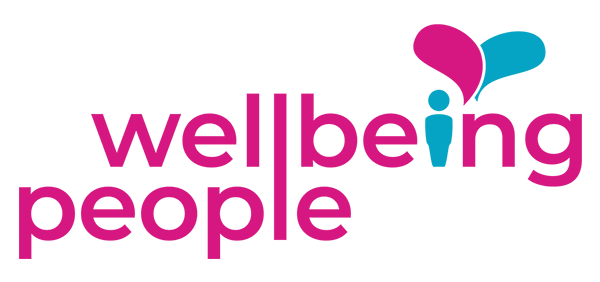Smoking cigarettes is one of the biggest causes of death and illness in the UK; with some illnesses causing irreversible long-term damage. According to the British Heart Foundation, smokers are almost twice as likely to have a heart attack compared with people who have never smoked. And the NHS reports that around 70% of cases of lung cancer are caused by smoking.
The dangers of smoking
And it is not just smokers that are at risk; passive smokers, when you regularly inhale smoke from a cigarette being smoked by someone else, also increases your risk of the same health conditions as smokers. Children and babies are particularly vulnerable to secondhand smoke.

So how can we raise awareness
Health awareness days highlight crucial information encompassing key health issues and give us the momentum to make lifestyle changes. No Smoking Day takes place on the second Wednesday every year in March. It is a great opportunity that brings attention to the dangers associated with smoking. Health and wellbeing initiatives encourage good health practices and will benefit businesses and organisations by reducing levels of absenteeism, increasing productivity levels and cutting costs associated with sickness absence. For example, health screening employees will increase knowledge around fundamental health issues and encourage individuals to look at their own health and lifestyle.
health Screening employees can help employees to quit smoking
Offering health screening programmes in the workplace offers a multitude of benefits for both employees and employers. Health screenings provide a proactive approach to healthcare, allowing for early detection and the prevention of potential health issues. Employees benefit from increased awareness of their health stats, empowering them to take charge of their wellbeing through lifestyle changes or seeking medical intervention.
Provide a proactive and supportive approach to help employees quit
Encouraging employees to quit smoking requires a supportive and proactive approach. Provide them with the tools they need to quit successfully such as smoking cessation courses and resources. Encourage a culture of support and understanding, where employees feel comfortable seeking help and sharing their progress. Try offering incentives or rewards for employees who successfully quit, creating a positive reinforcement system. Run a series of webinars or workshops that provide educational materials on the health risks associated with smoking and the benefits of quitting. In addition to raising awareness at work, the NHS website and Cancer Research provide further information on ways to stop smoking.
Workplace Wellbeing
Narrow the search for your next wellbeing initiative and discover the Wellbeing People approach to workplace wellbeing.
